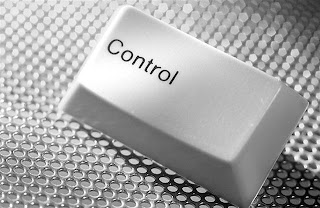Out of control?
It is each one’s own brain in that skull in their own head.
None but us are obligated to take charge of it. Man may conduct experiments in
animals but the motive is to predict responses in himself. Change (for the
better) is a challenge. We can’t change how the world thinks and behaves; but
we most definitely are monarchs of our own intellect. One only has to make the
wiser choice for a sager outcome.
Outcome focus
Nullification
Token economy
Remembrance
Overcooking
Loss identification
Man is the superlative manipulator. If he optimizes his
scheming ability he can transform his own behavior by altering the situation to
his advantage (which he often shrewdly does); but there are no devious intents
here. If controlling a temptation seems hard, the best bet would be to prevent
the enticement in the first place.
- Removing study distractions
- Hiding the high calorie food
- Buying one cigarette at a time
- Not keeping alcohol at home
Outcome focus
The light at the end of the tunnel has tremendous power; it
motivates to crawl the way through the darkness with reinvented zest. Likewise
the ditch at the end of the coaxing road ought to prevent one from treading on
it. If focus stays on the harmful impact of feeding the temptation, one would
rarely tread the path where one may:
- Smoke after being fully aware of cancer
- Drink away knowing about liver damage
- Not study, being aware that one will fail
- Get upset though it destroys relationships
Nullification
A problem is as big as it is perceived in the mind. When
goodness associated with an action is annulled, there’s little reason to
perform the act. All temptations are not sinful; every desire needn’t be
quashed. However the perception of the same can be altered to mend the attractiveness.
- I don't have to smoke; the feeling is no big deal
- Drinking isn’t the only way to have a good time
- I see no need to indulge in desserts and sweets
- My anger isn’t going to make her love me more
Token economy
We all work for personal profit (besides charity of course
which is fair). Each one chooses beneficial outcomes at the outset for oneself;
however one may drift from the path and select faulty lifestyles along the way
when impulsivity gets the better of them. Token economy was initially used with
children to allow them to gather points (tokens) for resisting temptation and a
nice reward at the end of collection of tokens.
- I’ll keep count of the days I could resist dessert this week
- I will smoke one cigarette every hour instead of half hour
- I will indulge a new outfit after I lose 5 pounds this month
- I will refrain from getting irritated at work no matter what


No comments:
Post a Comment